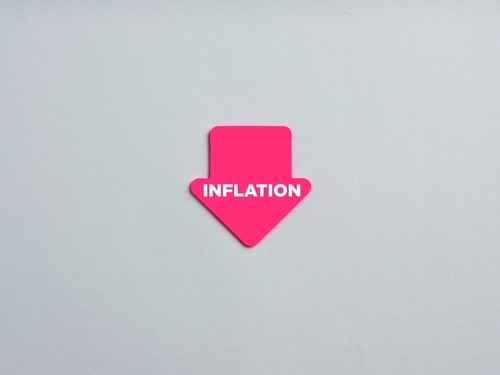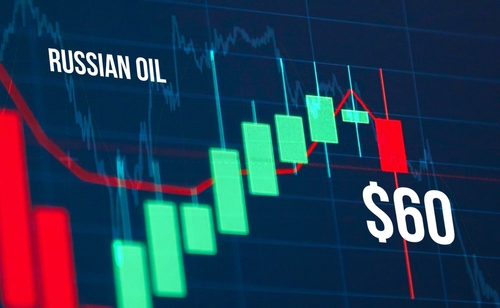This week the two main drivers of financial markets this year were both in focus: inflation and what central banks are doing about it. Initially there was some good news as inflation in both the US and the UK dropped more than expected. While still far too high, there is at least some hope that we’re over the worst. Inflation in goods is easing the most, with some areas, like used cars, seeing deflation. However, labour intensive services, like restaurants and hairdressers, are still putting prices up. This has convinced central banks that if they’re going to put inflation to bed then they’re going to need to cause some unemployment.
With that in mind, the US Federal Reserve, the Bank of England and the European Central Bank increased interest rates. They all gave very stern speeches about how it was a long road ahead and not to get too carried away on early signs of slowing inflation. Stock markets took this at face value and fell following the announcement. Bond markets are much more sceptical and are forecasting rate cuts before the end of 2023.
For the following stories, please click on this link*
- Inflation – Falling energy prices help to ease inflation
- Rates – Markets looking for signals that rate hikes will end
- UK – Jobs market showing first signs of cooling
(*Please note, The contents of this e-shot been prepared for general information only. It does not contain all of the information which an investor may require in order to make an investment decision. If you are unsure whether this is a suitable investment you should speak to your financial adviser. This information is not guaranteed to be correct, complete, or accurate. FE Research is a division of Financial Express Investments Ltd, registration number 03110696, which is authorised and regulated by the Financial Conduct Authority (FRN 209967). For our full disclaimer please visit www.financialexpress.net/uk/disclaimer. Data Sourced from FE Analytics, and Bloomberg Finance LP.)



